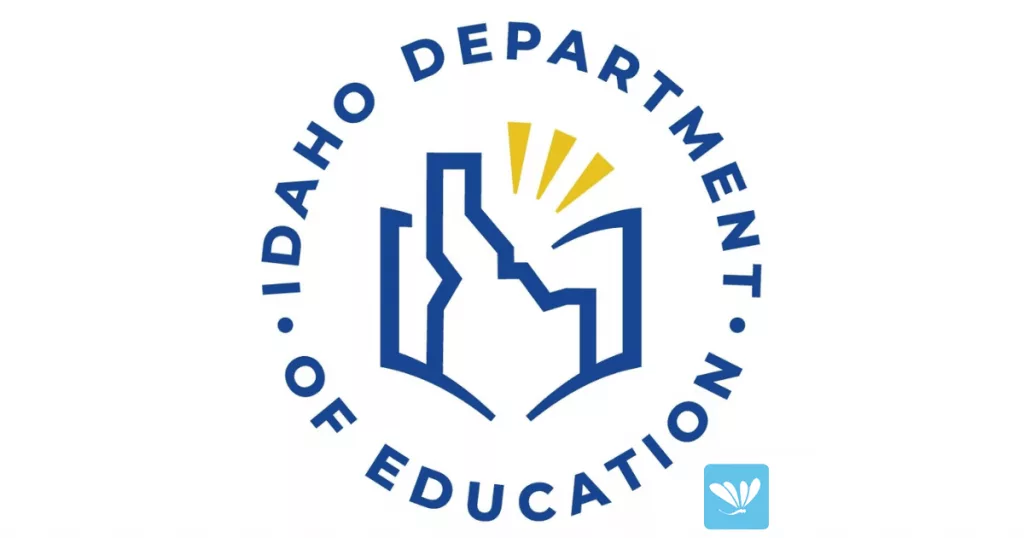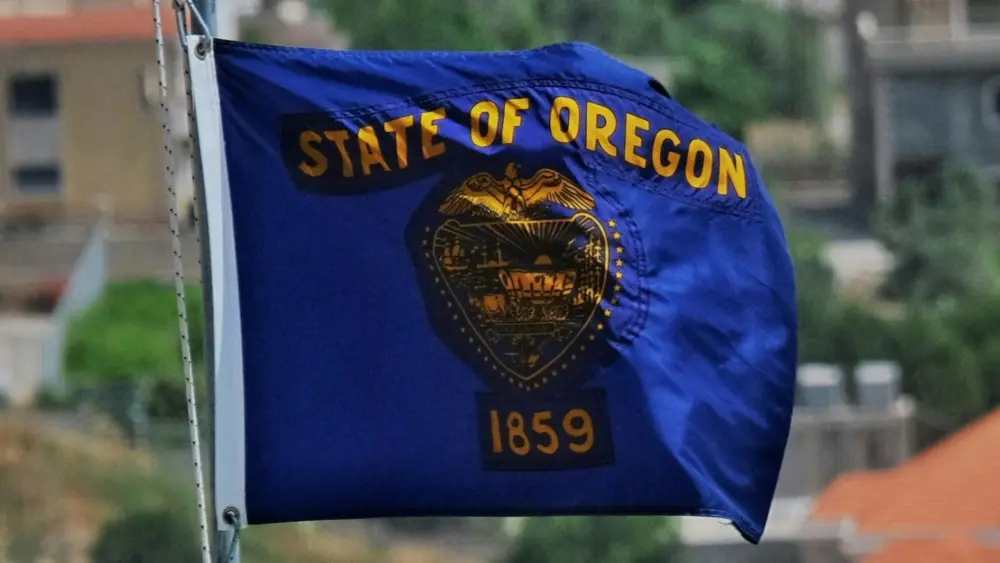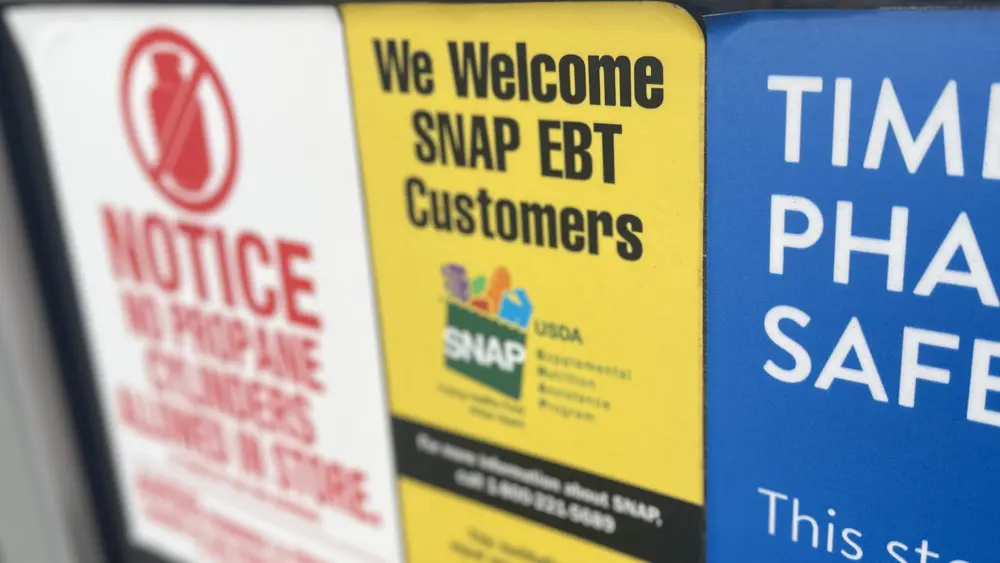(Idaho State) – The Idaho Department of Education has issued the first of its payments to school districts through the new School Modernization Facilities Fund. So far, more than $514 million have been distributed to improve school district facilities across the state.
House Bill 521, passed by the Idaho legislature in 2024, provided the ability for the state to bond for approximately $1 billion in facility funding and allocate and distribute that funding to school districts based on Average Daily Attendance (ADA). It also allows for the repayment of bond debt using state sales tax revenues over the next 10 years. School districts must meet certain requirements to receive the funding, including conducting facility condition assessments of school buildings and submitting a 10-year facility needs plan.
The first payment went out to school districts on October 30.
“This distribution gives districts state funding designated to help them perform updates and repairs to the spaces where Idaho students come to learn and achieve,” said Superintendent of Public Instruction Debbie Critchfield. “I’d like to thank the Idaho Legislature and Governor Little for recognizing the need, as well as the State Building Authority and all of the educational stakeholders who came together to expedite this initiative for Idaho’s districts, charters and students.”
Idaho schools will receive another payment at the end of December, with the final distribution expected in February.
“This funding will mean different things for different districts, whether it be fixing a leaky roof, improving HVAC systems, creating additional learning spaces and more,” said Critchfield. “Whether a school is making a small repair or a large expansion, they are now better equipped to make changes that directly benefit students, teachers and their wider educational communities.”





